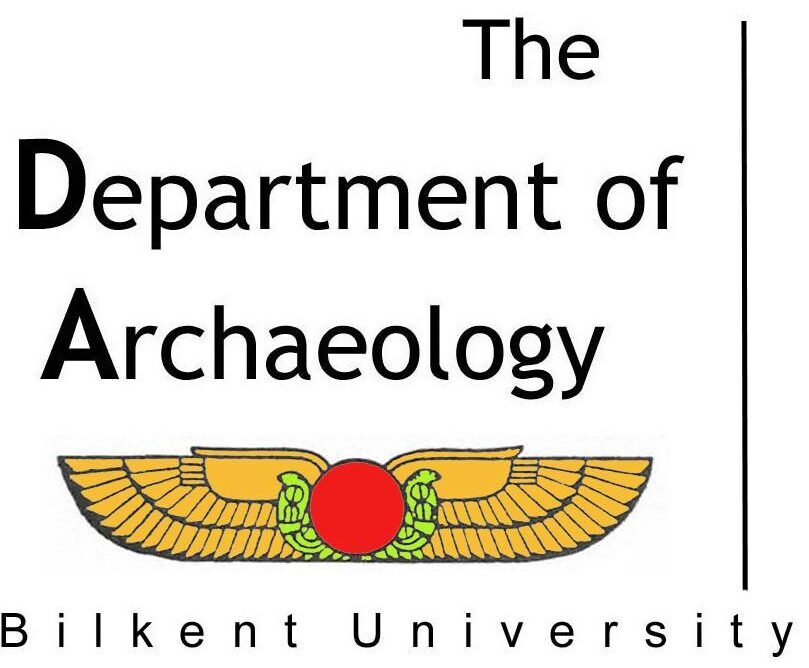Undergraduate Program
The undergraduate program in the Department of Archaeology aims to provide a thorough and comprehensive understanding of archaeology, ancient history, and ancient and medieval art and architecture. Our attention centers on Türkiye and its neighbors: the Ancient Near East (Neolithic period, Bronze Age, and Iron Age); the Classical world (Greeks and Romans); and the Byzantine Empire. Despite this regional focus, cultures from different parts of the world also form a regular part of our teaching (such as World Prehistory, Prehistoric Europe, and Ancient Mesoamerican Civilizations). Our courses include not only academic work but also practical training, as in drawing of archaeological finds and surveying, and are supplemented by field trips to museums and archaeological sites. In addition, students are required to participate in archaeological projects (surface surveys or excavations) conducted by the Department or sponsored by other institutions, or to undertake an internship in a museum or other cultural institution. The Department teaching staff will help place students in their summer apprenticeship.
The first two years of the program introduce students to the main themes of archaeological study: the methods, theory, and history of archaeology; art and architectural history; and the geography and civilizations of southwest Asia and the Mediterranean basin. Building on this foundation, the third and fourth years feature more specialized subjects. These advanced courses are often offered as electives, allowing students to choose subjects that particularly interest them. Additional requirements include the study of ancient languages, either four semesters of one language or two semesters each of two languages: the choices are Greek, Hittite, or Latin.
At the end of the program, students will emerge with a good knowledge of Ancient Near Eastern, Classical, and Medieval art and archaeology, with a particular familiarity with the sites, monuments, and cultural history of Türkiye. For some, an area of specialty will already be clear, an opening towards a future career.
Click here to read the degree’s curriculum.
